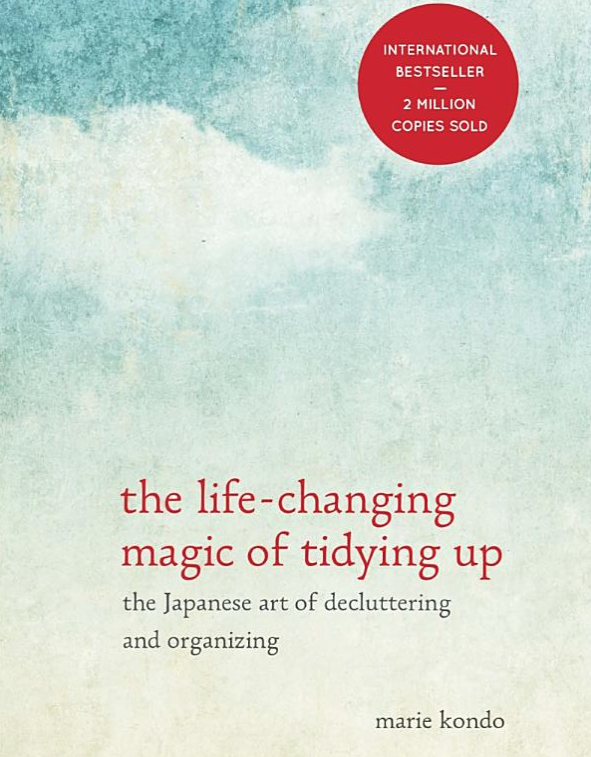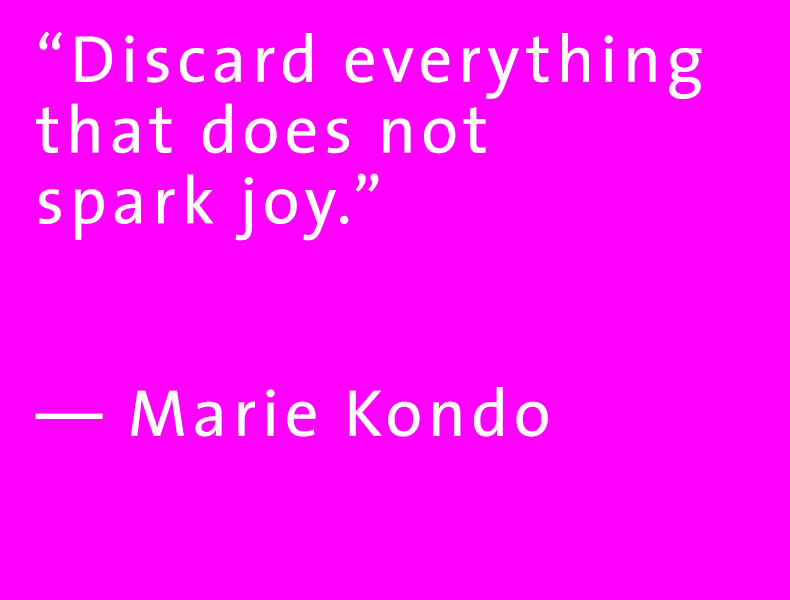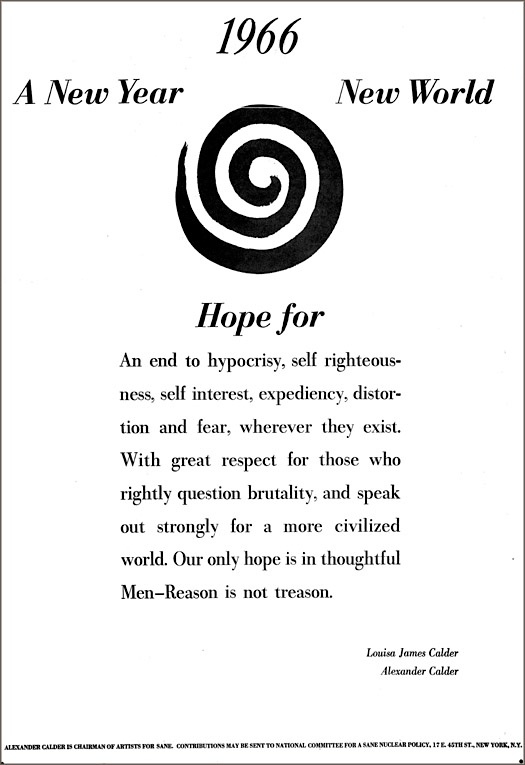Japanese decluttering expert Marie Kondo’s book “The Life-Changing Magic of Tidying Up: The Japanese Art of Decluttering and Organizing has taken Japan and Europe by storm. And it seems, it is in the US as well. What sets Ms. Kondo off from other decluterring experts is her underlying philosophy that dictates the work of “tidying”.
An article in the New York Times outlined Kondo’s two basic, somewhat radical/spiritual, tenets:
Discard everything that does not “spark joy,” after thanking the objects that are getting the heave-ho for their service and…
…do not buy organizing equipment — your home already has all the storage you need.
Here are some more thought-provoking decluttering ideas from Kondo:
“Tidying is a dialogue with oneself.”
“Clothes, like people, can relax more freely when in the company of others who are very similar in type, and therefore organizing them by category helps them feel more comfortable and secure.”

Kondo believes that putting things in order will not just transform your space, but allow you to feel more confident and give you “the energy and motivation to create the life you want. You will have the courage to move on from the negative aspects of your life; you will recognize and finish a bad relationship; you can stop feeling anxious; you can finally lose weight.”
Hmmm. Not our experience, having been neatniks long ago.
Leah McLaren, in the Globe and Mail tells of being happily like Ms. Kondo when she was young and living alone in a small space. She lost her need for “tidy” when she met a “messy man with a messy son” — in other words, LIFE — and discovered that tidiness doesn’t actually make us happier.
She cites a recent study from the University of Minnesotathat might pose a counter-argument to Kond’s decluttering mandate:
“…participants in a study on messy and clean desks were much more likely to give to charity and choose healthy snacks after working in a clean and orderly environment.
However, when the participants were asked to come up with new uses for ping-pong balls, the messy deskers were more innovative, and they also made more original choices when asked to choose between different product designs.
The conclusion of the study was that being exposed to tidiness encourages people to do what’s expected of them, whereas disorderly environments may stimulate a release from convention.
We know plenty of tidy folks who are wildly creative AND messy deskers —even hoarders — who are as well.
What’s your experience?





i think i’d like to make a differentiation between uncluttered and tidiness. (for my life).
i see uncluttered as not having ”stuff” in living space and life that isn’t needed, or that doesn’t have a good function–whether or not it is messy, not put away, or unorganized.
tidiness, on the other hand could be uncluttered, or cluttered, but everything is completely clean, put away and organized.
in my life–which has been both creative as well as scientific– i would say i have been an uncluttered, messy desk person who longs for tidiness. i definitely am more obsessive about getting rid of what i don’t need, than being neat as a pin.
i think tidying up and clearing out periodically, versus all the time, has been extremely helpful to me in much the way you describe in Kondo’s book. it clears a way for new ideas and the start of new projects, and lays to rest those i have worked on, to perhaps reference in the future. i love her idea of ”discarding everything that does not spark joy”, or for me, inspiration and true comfort.
i’ve given up on the 100% tidy desk and workspace. but i’ve noticed a rhythm that works well:
functional tidiness and clutter-free in the rest of my living space, but a messy, yet uncluttered creative space and desk while i am working on something creative.
while i am working on a project, the sight of my in-process-work in my probably messy workspace 1st thing in my day, is inspirational and puts me right in the moment to continue working on it. a tidy one does not.
and then, when that project is done, cleaning up, tidying up to allow for a new project to come in is the perfect remedy.
only to get inspirationally messy again.
I am a former art teacher. It seems that somehow that equates with being a hoarder. Budgets are tight and everything I would come into contact with was the possible use for a new project. Even though I recently retired, it is hard for me to part with things I find to be ‘usable’ bits of refuse. Hence I live in a messy tidy world.
“A messy tidy world” is where I live as well because I have many projects going on at once AND often the little bits of usable stuff comes in handy.